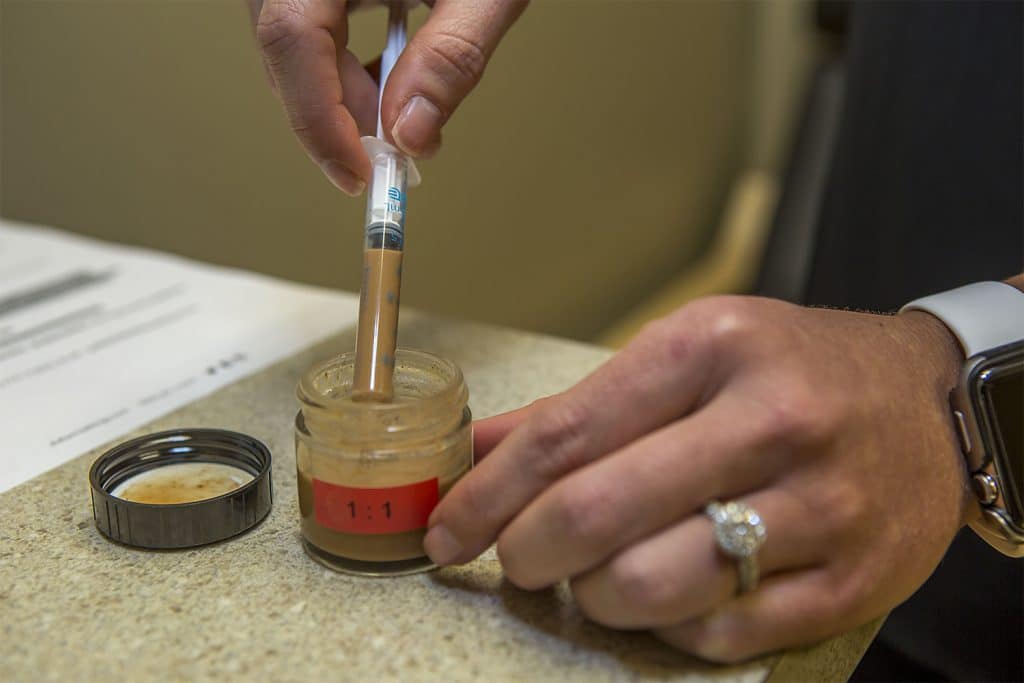Allergies are no walk in the park, folks! Who wants to sneeze and deal with super itchy eyes every time springs comes?
But beyond the sneezing-type reactions we all think of first when we hear “allergies,” there are also food allergies. These are certainly no picnic–eat the wrong food and it can lead to serious medical consequences, including death.
Today, there is a treatment aimed at getting rid of a food allergy known as oral immunotherapy. If you or a loved one has a food allergy, this is definitely a treatment you’ll want to know more about!
What is oral immunotherapy?
This type of therapy is considered a preventive treatment for allergies. Under the guidance and supervision of an allergist, you consume very small amounts of whatever food you are allergic to. Generally, because the amount is so small, you have little or no reaction to the amount you are given.
Over time, you receive slightly larger portions of the food you’re allergic to, so your body can build up a tolerance to it over time. At the end of the treatment, the goal is to either no longer react to the food or only have a minor reaction when you consume it.
This type of therapy is now used for a wide variety of allergies, including peanuts, eggs and milk.
The process in a nutshell
The first part of receiving this therapy is getting a food allergy test from an allergist. This way, they will know what foods you react to; people sometimes have food allergies that they are not aware of.
Once your allergies and their severity have been identified by the testing, your allergist will create a plan that is made just for you. Keep in mind that, depending on your allergy, you can have mild reactions during immunotherapy. Some people can also have a more serious reaction known as anaphylaxis, which can lead to death if not treated promptly. This is why it’s important to never try to do this on your own. When you’re in a doctor’s office, they can immediately intervene if you happen to have a more severe reaction.
Food allergies can really make living difficult, especially if you’re allergic to a very common food or food ingredient. If you’re struggling with food allergy and its management, contact an allergist to discuss all your treatment options.




